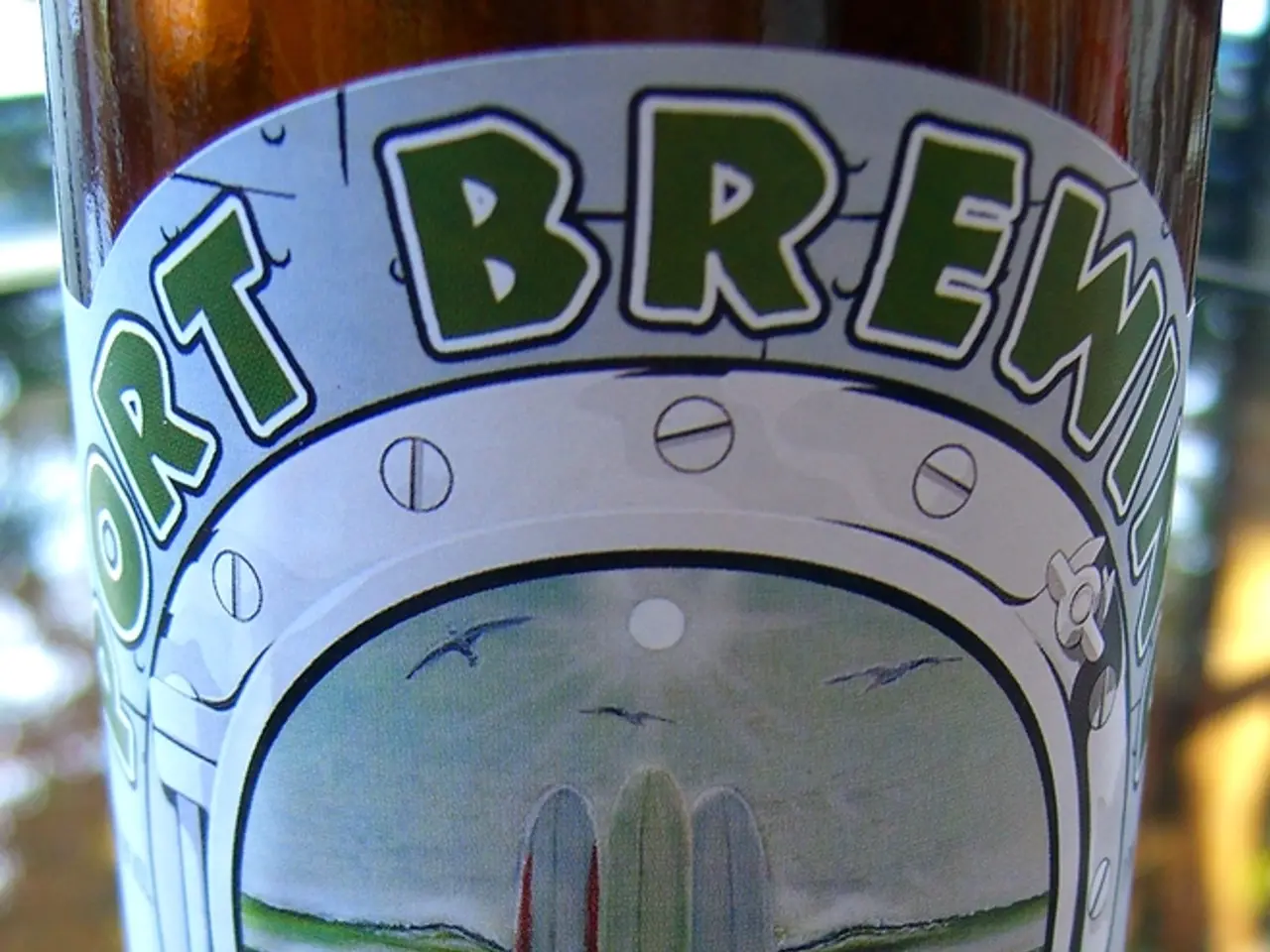Risks Associated with Self-Prepared Kombucha
Kombucha, the fermented tea beverage, has gained popularity for its unique taste and purported health benefits. However, like any homemade food, it requires careful preparation to ensure safety. Here are some key guidelines to follow for a safe and enjoyable kombucha brewing experience.
Maintaining Proper Acidity
The pH of kombucha plays a crucial role in preventing harmful microorganisms from growing. A pH level between 3.2 and 2.5 is ideal, although the final taste is also important in determining readiness. Using a pH meter is recommended, but it's essential to also assess the taste to ensure the kombucha is ready to drink.
Using Clean, Safe Ingredients and Equipment
Start with clean, filtered or boiled water to eliminate chlorine and contaminants. Use clean glass containers, utensils, and breathable covers for fermentation. Minimise contact with hands by using clean utensils during handling.
Fermentation Environment and Process
Keep the fermentation vessel in a warm (23-29°C), dark place with good air circulation. Ferment for 7-14 days, tasting periodically for desired tartness. During second fermentation, ensure all ingredients are gluten-free and free from contaminants if gluten sensitivity is a concern.
Hygiene and Handling
Use utensils for tasting or handling the SCOBY to prevent contamination. Wear clean aprons or uniforms and hair coverings if possible during preparation to avoid introducing contaminants.
Use Potable Water
Only use water from approved safe sources.
Be Aware of Potential Microbial Risks
While kombucha’s low pH generally prevents harmful bacteria growth, improper fermentation or contamination can cause hazards.
The Kombucha SCOBY: An Ecosystem of Beneficial Microorganisms
The kombucha SCOBY is an ecosystem of microorganisms (bacteria and yeast) that live in symbiosis. These microorganisms safely defend the kombucha from contaminants by producing large amounts of organic acids.
Safety Regulations and Scientific Evidence
The Canadian Food Inspection Association has declared kombucha to be safe and that it meets their inspection criteria. There are no serious cases of poisoning in scientific literature directly related to the consumption of homemade kombucha.
Consult a Health Professional
If you have any questions about kombucha consumption, consult a health professional.
When following these guidelines, fermenting kombucha in a normal and safe environment does not pose any health risks. Strict cleanliness, controlling acidity, proper fermentation conditions, and monitoring the kombucha's taste and pH are critical to making safe homemade kombucha. No single test guarantees safety — combining pH checks with sensory evaluation and hygienic preparation practices is the best approach. The kombucha SCOBY, when added to sweet tea, reproduces to grow the colony, leaving no room for pathogenic bacteria. Enjoy your safe and delicious homemade kombucha!
- In the world of health-and-wellness and lifestyle, following scientifically backed guidelines is vital when it comes to homemade kombucha, a probiotic fermented tea beverage known for its unique taste and purported health benefits in the food-and-drink sector.
- To maintain a safe and enjoyable kombucha brewing experience, one should focus on maintaining proper acidity, using clean and safe ingredients and equipment, controlling the fermentation environment for optimal growth of beneficial microorganisms, and ensuring hygienic handling.
- Besides adhering to safety guidelines, it's essential to be aware of potential microbial risks and consider such factors as the use of potable water and the working ecosystem of the kombucha SCOBY, an assembly of beneficial microorganisms that defend the kombucha against contaminants. For questions regarding kombucha consumption, always consult a health professional.




